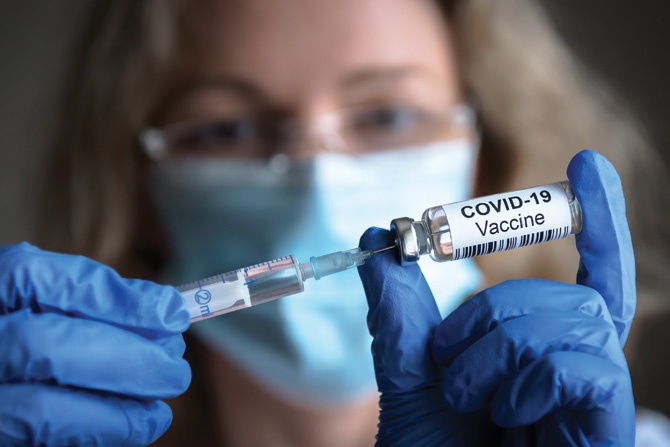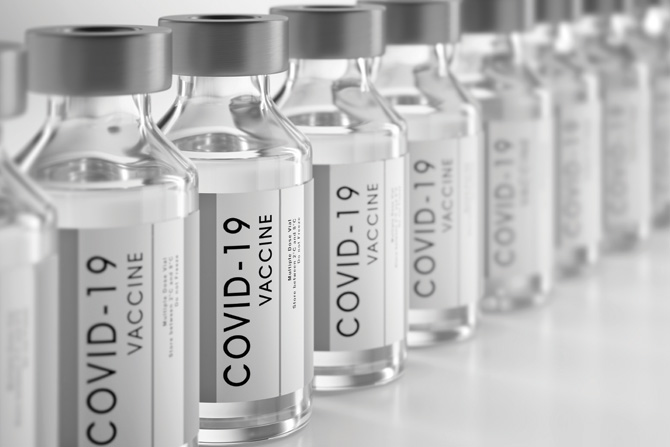The Food and Drug Administration recently approved the first COVID-19 vaccine. Immediately following that development, many employers, including several large health care employers in West Virginia, announced their intention to require employees to be vaccinated against the virus.
Should West Virginia auto dealers follow suit?
Generally, private employers can require employees to become vaccinated so long as consideration is given to requests for accommodation based upon disability or religion. For example, the Americans with Disability Act and the West Virginia Humans Rights Act require employers to provide reasonable accommodations to employees with a disability so long as that accommodation allows the employees to perform the essential functions of their job. A reasonable accommodation (assuming one exists) must be provided, so long as it does not pose a direct threat to the health of the employee or others. In the news, this is commonly referred to as a “medical exemption,” but not all accommodation requests have to be granted.
A reasonable accommodation (assuming one exists) must be provided, so long as it does not pose a direct threat to the health of the employee or others. In the news, this is commonly referred to as a “medical exemption,” but not all accommodation requests have to be granted.
If an employee has a generalized fear of the vaccine rather than an actual disability, then the employee is not entitled to accommodation in West Virginia.
When evaluating a request for accommodation based upon a disability, employers can obtain limited medical information to confirm the nature of the disability. This frequently entails obtaining something in writing from an employees’ physician. This is an important step in evaluating a legitimate request for accommodation instead of a generalized or irrational fear of the vaccine itself.
Likewise, state and federal laws require West Virginia employers to accommodate an employee’s sincerely held religious observance or practice so long as doing so does not pose an undue hardship to the employer. Unlike requests for a medical exemption based on disability, West Virginia employers are limited in their ability to confirm whether the religious observance or practice is sincerely held or commonly associated with an established religion. You can require an employee to provide medical information from their provider to confirm that the employee actually has a disability; you can’t do that when evaluating an employee’s request for accommodation for a sincerely held religious belief. According to the Equal Opportunity Employment Commission, a religious practice may be sincerely held even if the practice is new, not consistently observed, or different from the commonly followed tenet of an employee’s religion. Arguably, requests for religious accommodation are ripe for abuse because employers are limited in their ability to do any fact-checking.
Employers interested in adopting a mandatory vaccination policy should generally consider their management team’s experience in handling requests for accommodations. Requests for disability or religious accommodation are usually handled by professional human resources staff. Determine if your management team and human resources staff have prior experience with responding to requests for accommodation. Adopting a mandatory Covid-19 policy may require additional training and education, so appropriate stakeholders understand their employer’s rights and obligations when addressing these issues.











